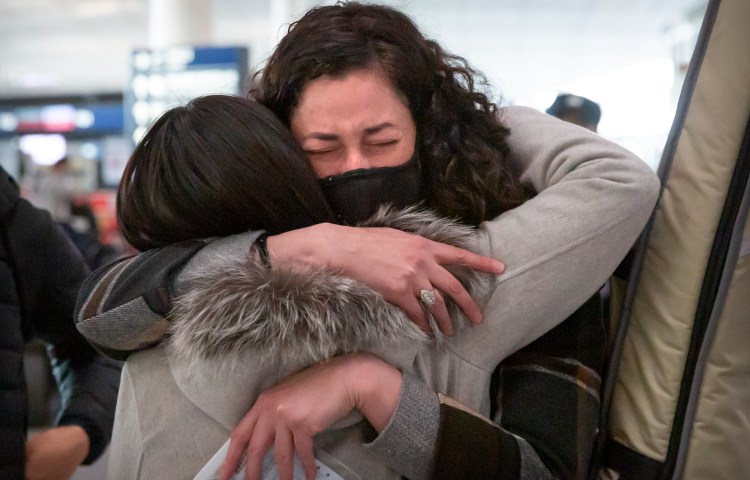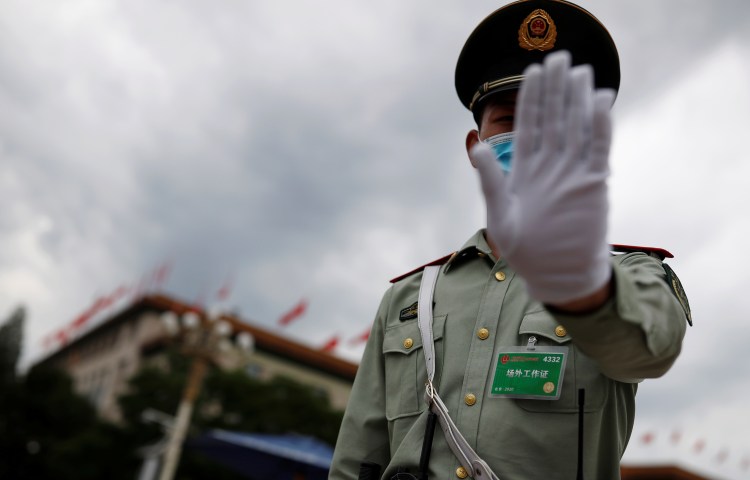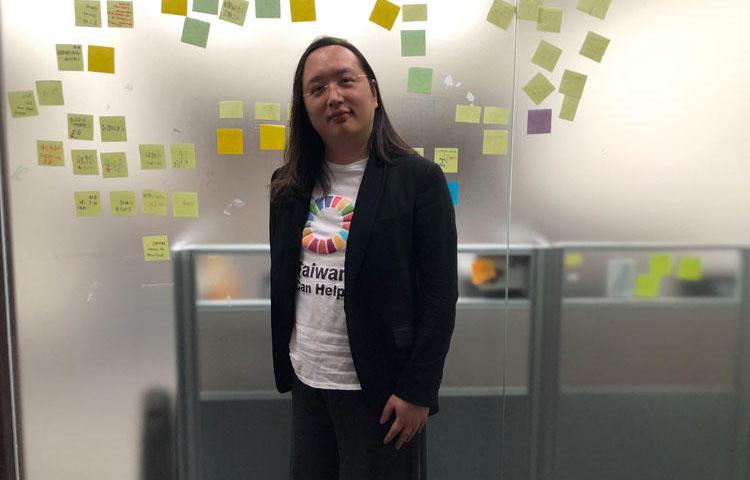Steven Butler
Steven Butler is a senior program consultant for CPJ. He previously served as CPJ’s Asia program coordinator, lived, and worked in Asia as a foreign correspondent for nearly 20 years and was a foreign editor at the Knight Ridder Washington Bureau. He holds a PhD in political science from Columbia University.

Prospects bleak for recovery of US media presence in China
The slugfest between China and the U.S. over the treatment of media workers in each country appears to have paused. Rather than expel each other’s journalists, as they did a few months ago, each side in early July imposed registration and reporting requirements on those remaining—still many more Chinese in the U.S. than Americans in…

China’s COVID-19 countermeasures include restricting press freedom
In the nearly 71 years of Communist Party rule in China, the country’s citizens have enjoyed brief periods of relatively free speech, as during the abortive Hundred Flowers Campaign in 1956-57, or the run-up to the 2008 Beijing Olympics, when investigative journalists covered local corruption and pollution. When the coronavirus outbreak first began spreading in…

Pakistan broadcast regulator proposes sweeping control of internet news programs
Munizae Jahangir knew she’d be prevented from putting Mohsin Dawar on her nightly “Spotlight” talk show on Aaj TV, an Urdu-language Pakistani station. Dawar, an elected member of the national assembly, is a leading figure of the Pashtun Tahafuz Movement (PTM), which aims to boost the rights of the Pashtun people clustered in Pakistan’s western…

Q&A: Taiwan’s digital minister on combatting disinformation without censorship
Audrey Tang prefers precise language. During an interview, Taiwan’s minister without portfolio – Tang’s name card simply says “digital minister” – makes a swift correction when we mention the term “fake news.” The preferred term is “disinformation” because, Tang says, it has a legal definition in Taiwan: “That is to say, intentional, harmful untruth, and…

Proposed media regulator provokes strong criticism in Pakistan
Pakistani journalists are a fractious lot. The unions have split into competing factions. TV networks snap at each other on air. So it takes something really threatening to prompt journalists to come to a common point of view. That’s happened as the government’s latest plan to create a new media regulatory body has provoked a…

Bangladesh’s press say they are losing the courage to report amid threats from all sides
Nazmul Huda pointed his TV camera at garment workers demonstrating for higher wages in Savar, on the outskirts of Dhaka, and at the police firing tear gas and rubber bullets at them. It took a while for police to notice the ETV reporter, and they were furious. After all, they had ordered him to leave…

Conditions deteriorate for foreign press in China, FCCC finds
The Foreign Correspondents’ Club of China annual survey, released this week, showed a steady deterioration of working conditions in China for the foreign press. The report, “Access Denied,” documented increased efforts by Chinese authorities to deny or restrict foreign correspondents’ access to large parts of the country in 2017. Increasingly, foreign ministry officials use China’s…

Lots of talk but little progress in Sri Lanka over journalist murders
It was the police line-up from hell. Forget all those “Law and Order” scenes where a victim stands anonymously behind a one-way mirror. Sri Lankan journalist Namal Perera had to stand eyeball-to-eyeball with 42 army intelligence officers in April, each of whom, Perera explained to me while demonstrating his fiercest tough-guy glare, faced him with…

It’s too late for Liu Xiaobo but China could show a little kindness to other jailed journalists
I have no pity for Chinese President Xi Jinping, who dug himself into a deep public relations hole with the unnecessarily cruel treatment of China’s Nobel Laureate and political dissident, who died this week. Liu died of liver cancer in a Chinese hospital, after receiving medical parole in June from prison, where he was diagnosed…
In Nepal, critical editor flees and journal’s funding is blocked
.@cijnepal founder @kundadixit gives video message: Censorship allows despots to win elections, they coopt journalists. #IJAsia16 pic.twitter.com/Uo558PQX5i— GIJN (@gijn) September 24, 2016 Kunda Dixit cut his once mop-like white hair, grew a beard, and quietly went into hiding, eventually fleeing Nepal for the safety of the U.S. to avoid arrest. And in doing so, the…